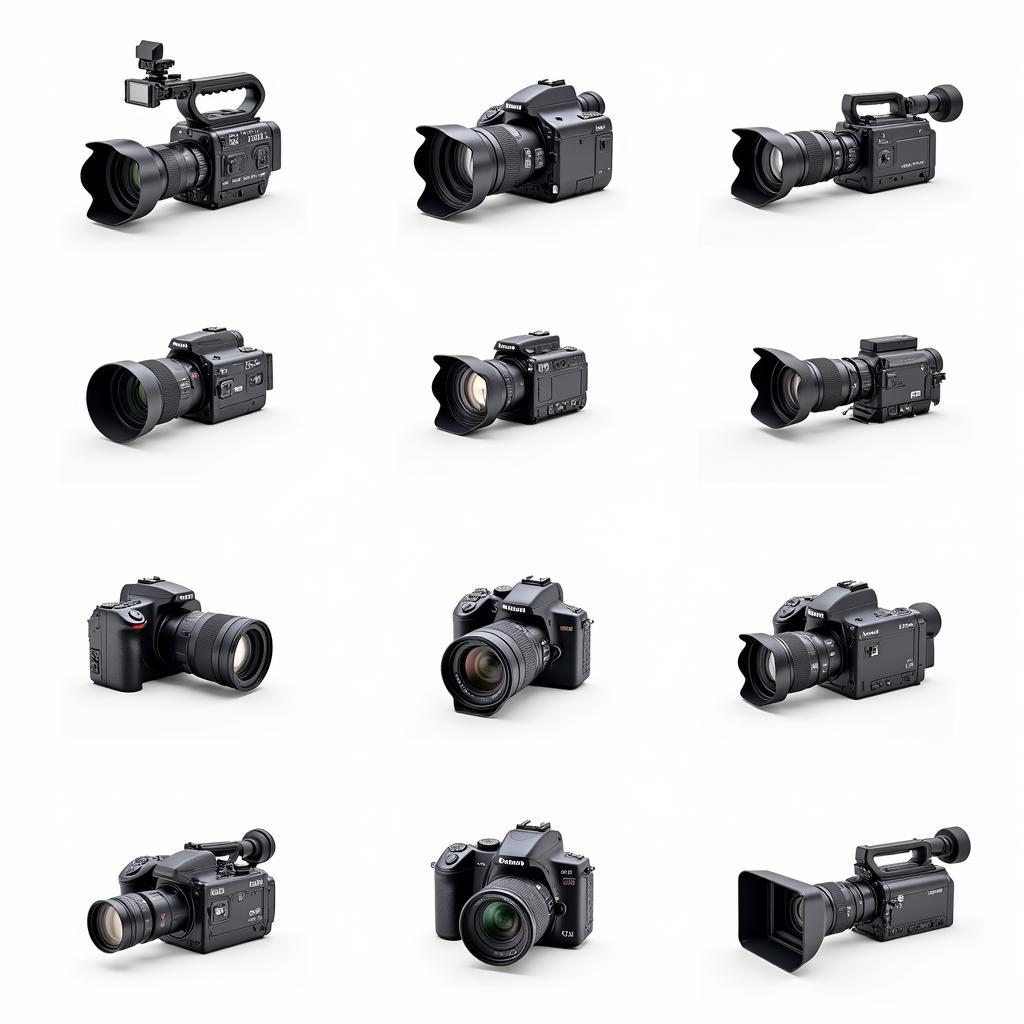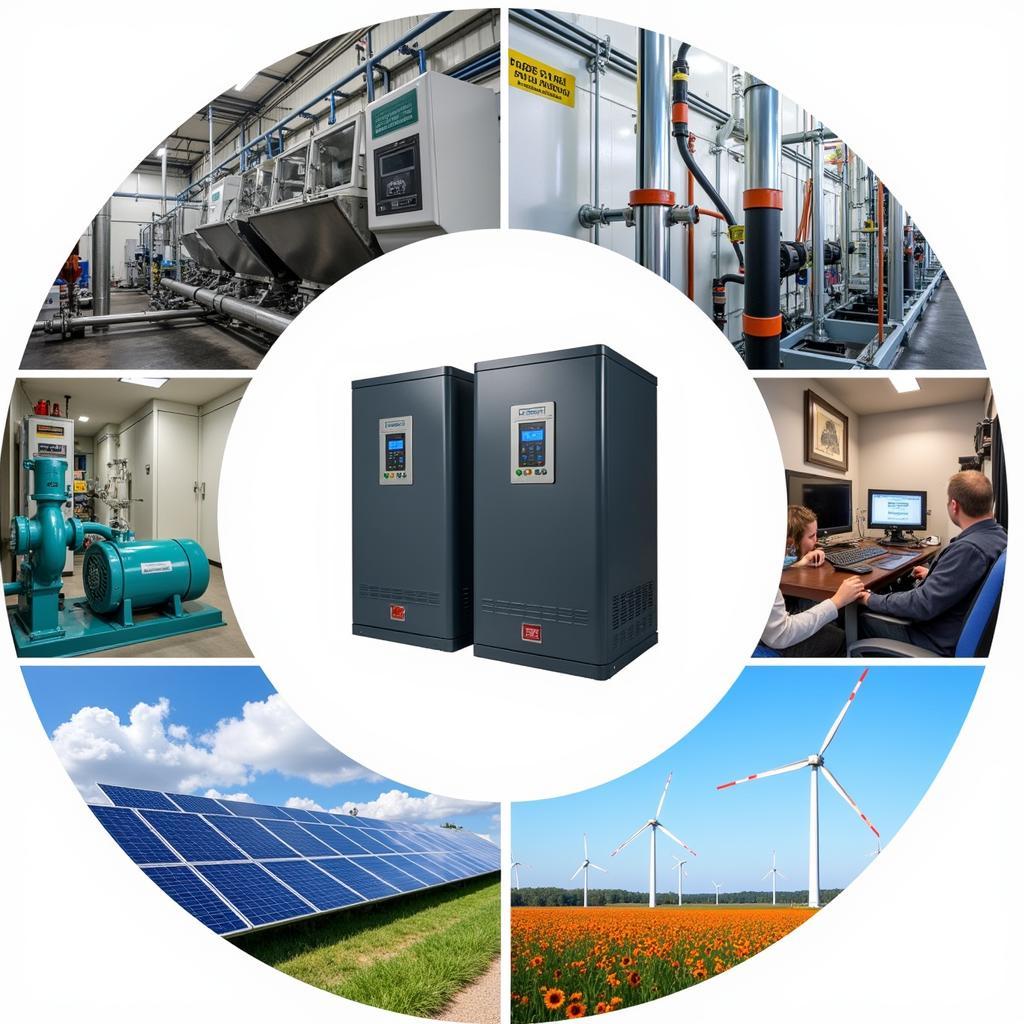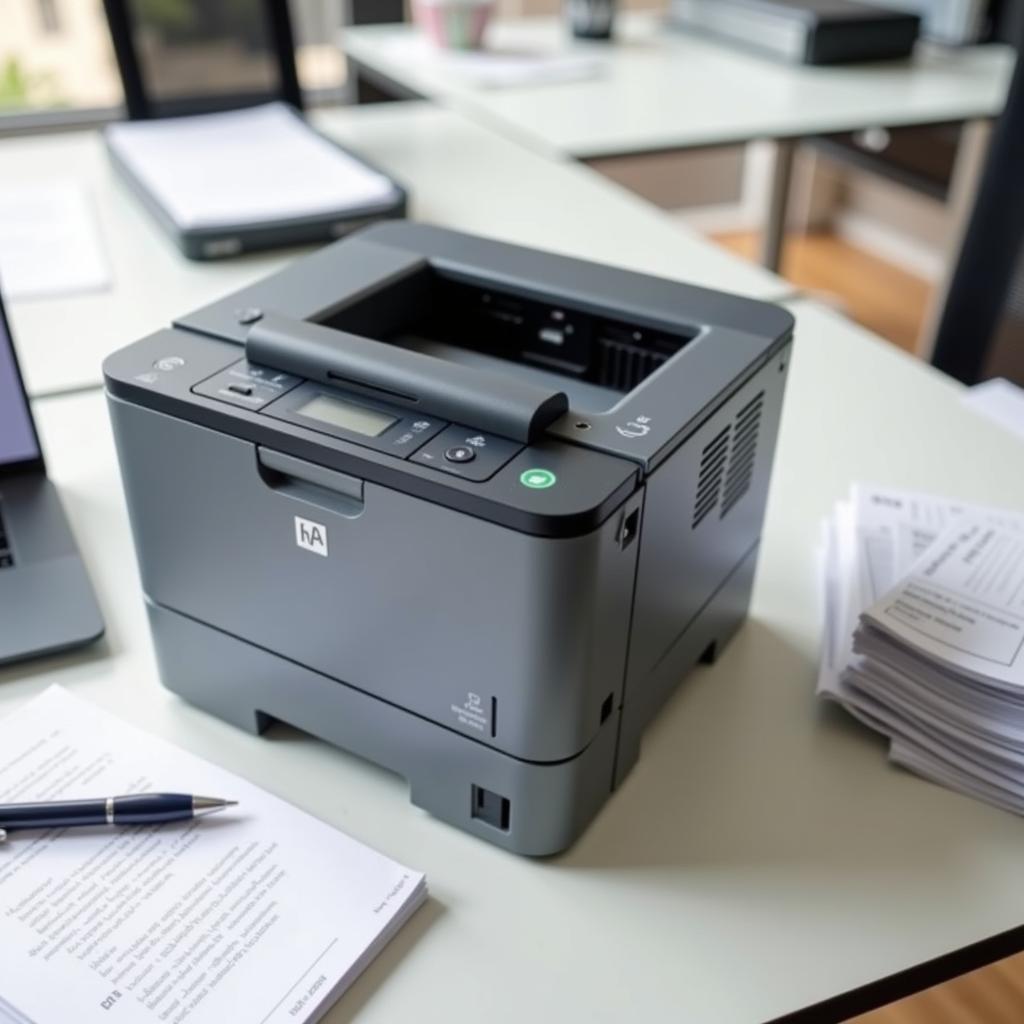Understanding the language of laundry appliances can make your life easier, especially when you’re trying to decipher washing instructions or troubleshoot a problem. This comprehensive guide will equip you with the essential English vocabulary related to washing machines, empowering you to navigate the world of laundry with confidence.
Common Washing Machine Terms
Let’s start with the fundamental terms you’ll encounter on your washing machine’s control panel and in user manuals:
- Cycle: A complete washing process with preset settings for water temperature, spin speed, and duration.
- Wash cycle: This refers specifically to the washing phase of the cycle, where clothes are agitated in detergent and water.
- Rinse cycle: This follows the wash cycle and involves rinsing the detergent and dirt from the clothes.
- Spin cycle: This high-speed rotation removes excess water from the clothes.
- Water level: The amount of water used during a cycle, usually selectable based on load size.
- Load size: The amount of laundry you put in the washing machine, typically categorized as small, medium, or large.
- Detergent dispenser: The compartment where you add laundry detergent, often with separate sections for pre-wash, main wash, and fabric softener.
- Drum: The stainless steel inner tub of the washing machine where you load your clothes.
- Agitator: A central post found in some top-loading washing machines that rotates to move clothes through the water.
- Impeller: A low-profile rotating disc found in some washing machines, particularly front-loaders, that creates currents to move clothes.
Understanding Washing Machine Cycles
Familiarizing yourself with common washing machine cycles will help you select the most appropriate setting for your laundry:
- Normal/Regular: A versatile cycle suitable for most everyday clothes.
- Delicates: A gentle cycle with slower spin speeds, ideal for delicate fabrics like silk and lace.
- Heavy Duty: A longer cycle with more powerful agitation and a faster spin, designed for heavily soiled items like towels and bedding.
- Permanent Press: A cycle that minimizes wrinkles with a cooler rinse and slower spin speed, suitable for synthetic fabrics.
- Quick Wash/Rapid Wash: A short cycle for lightly soiled items that need a quick refresh.
- Spin Only: This cycle allows you to spin out excess water from clothes without washing them.
Troubleshooting Vocabulary
Knowing the right terms can help you describe problems with your washing machine:
- Leak: Water escaping from the washing machine.
- Noise/Vibration: Unusual sounds or excessive shaking during operation.
- Drainage issue: The washing machine is not draining water properly.
- Error code: A code displayed on the washing machine’s digital display, indicating a specific problem.
- Power issue: The washing machine is not turning on or is experiencing power fluctuations.
Fabric Care Terminology
Understanding fabric care terms can help you prevent laundry mishaps:
- Machine washable: Indicates that a garment can be safely washed in a washing machine.
- Hand wash only: This label means the item should be washed by hand to prevent damage.
- Tumble dry: The item can be dried in a clothes dryer.
- Line dry/Drip dry: The item should be hung to dry on a clothesline or drying rack.
- Iron safe: The fabric can be ironed.
- Dry clean only: The garment should be professionally cleaned to prevent damage.
Tips for Effective Communication
When communicating about your washing machine, whether you’re asking for help online, talking to a technician, or reading a user manual, using clear and specific language is key. For example, instead of saying “My washing machine is making a funny noise,” you could say “My washing machine is making a loud grinding noise during the spin cycle.” This provides more helpful information for troubleshooting.
Conclusion
Mastering the essential English vocabulary for washing machines empowers you to confidently operate your appliance, troubleshoot issues, and care for your clothes effectively. Remember to consult your washing machine’s user manual for specific instructions and recommendations.
FAQs
Q: What does “eco-friendly” mean for a washing machine?
A: Eco-friendly washing machines are designed to use less water and energy, reducing their environmental impact.
Q: What is a smart washing machine?
A: A smart washing machine can connect to Wi-Fi, allowing you to control it remotely, download additional wash cycles, and receive notifications.
Q: What should I do if my washing machine displays an error code?
A: Consult your user manual or the manufacturer’s website to identify the meaning of the error code and potential solutions.
Q: How often should I clean my washing machine?
A: It’s recommended to clean your washing machine every 1-3 months to prevent mold, mildew, and unpleasant odors.
For more information on washing machines and other household appliances, you can visit điện máy bình minh.
If you’re interested in learning about other types of machinery, you might find this article on máy gia nhiệt cảm ứng insightful.
Need assistance with your washing machine or other appliances? Contact us at 0373298888, email us at [email protected], or visit our store at 86 Cầu Giấy, Hà Nội. We have a dedicated customer support team available 24/7 to assist you.


